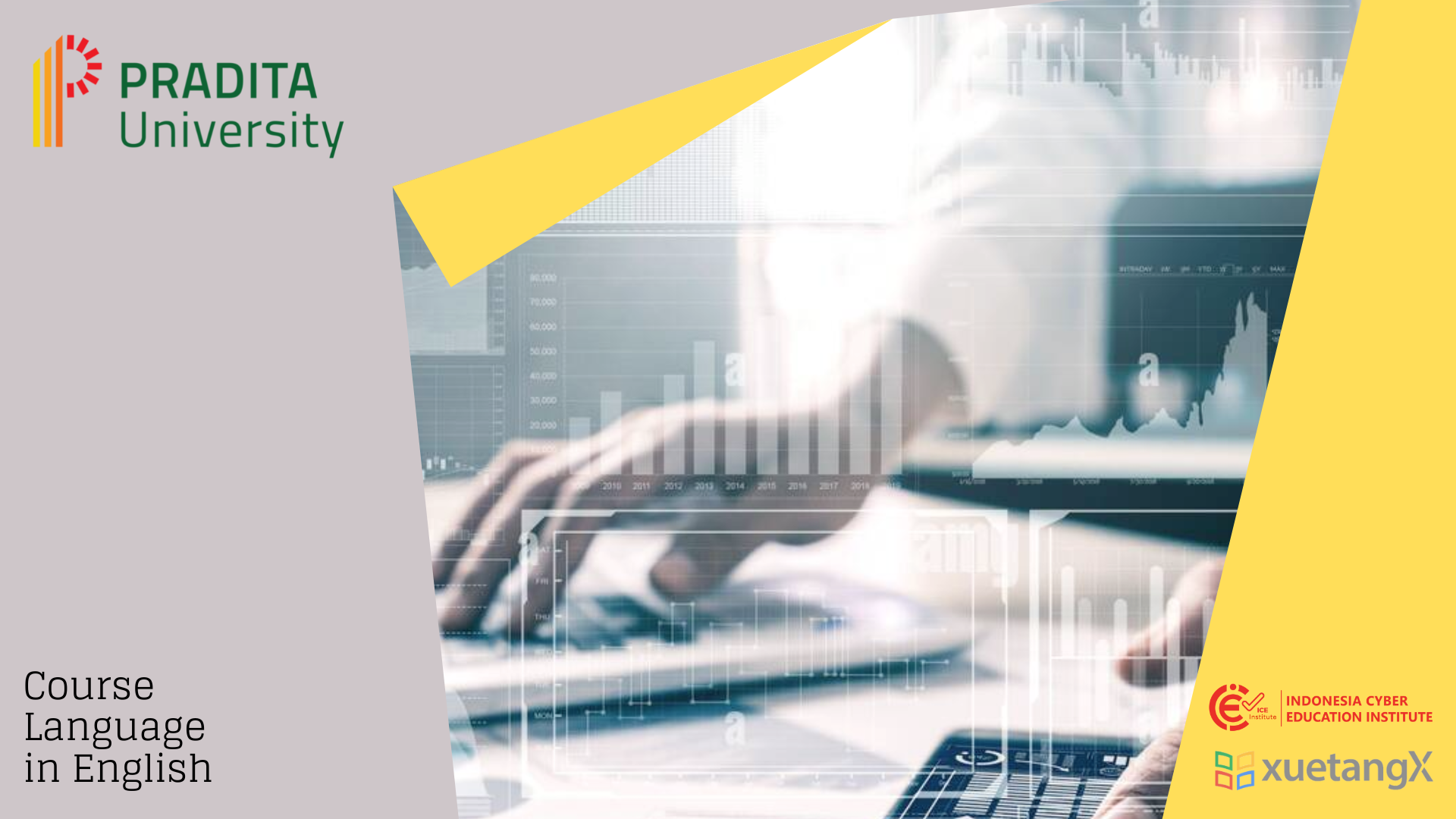Course Description
It is no secret that the internet and information technology have provided so many significant benefits for human life. Various technological applications that are applied in the midst of society have changed the way people think, behave, and act in everyday life. The impact of the application of this technology is felt in various sectors of people's lives, such as government, economy, politics, socio-culture, ideology, and so on. Like a currency with two sides, apart from the benefits it offers, there is also a risk side that can have a negative impact if not managed properly. For example, the use of the internet to spread the idea of terrorism, pornography, gambling, smuggling, theft, and so on – is a daily reality whose frequency is increasing in cyberspace. The next type of risk is crimes committed by criminals,causing various technologies from various agencies to be disrupted in their operations, such as those that often afflict banks, information portals, government websites, e-commerce sites, and so on.
Studying information and internet security issues must use a comprehensive, holistic, and systemic approach. The reason is because in the internet ecosystem, there are so many components that are interrelated with each other. The concept of security emphasizes the principle that the more points or entities that are connected to each other, the more the risk of system vulnerability increases. In this context, internet practitioners must have a good understanding of this security phenomenon with the aim of implementing effective strategies to facilitate their electronic business efforts.
The Information Security Course consists of 18 sessions where in 1 session, students can study for 1 week using the Self-Paced method.
Bachelor Degree
Credit : 3
Learning Outcomes
-
Explaining the phenomenon of security in the cyber world holistically and systemically.
-
Describe the main tasks of CSIRT/CERT owned by a country.
-
Describe the various security threats that exist in the cyber world.
-
Identify various weaknesses that exist in an information system or internet-based application.
-
Describes the various types of attacks that occur in cyberspace and the characteristics of each of them.
-
Designing security models and mechanisms that companies need to build and develop.
-
Implement various articles of laws and regulations related to security issues in the cyber world (cyberlaw).
-
Operate multiple applications to manage internet security.
Lecturers

Prof. Dr. A.S. AS Ir. Richarus Eko Indrajit, M.Sc., MBA
Lecturer Profile :
Eko Indrajit studied at the Ten November Institute of Technology (ITS) Surabaya, Indonesia. He continued his education at various universities abroad such as Harvard University (United States), Maastricht School of Management (Netherlands), Leicester University (UK), STIKOM London School of Public Relations (Indonesia), and Master of Information Technology Swiss-German. University (Indonesia). He obtained a Doctor of Business Administration degree from the University of the City of Manyla (Philippines) and The University of Information Technology and Management (Poland). He was confirmed as a professor in the field of Computers at the Perbanas Institute.
email: [email protected]
 Erick Dazki, S.Com., M.Com
Erick Dazki, S.Com., M.Com
Lecturer Assistant Profile :
Erick Dazki, An active lecturer at Pradita University since 2018. Undergraduate education at ABFII Perbanas Jakarta. Then he continued his education in Master of Informatics Engineering at Amikom University Yogyakarta.
email: erick.dazki;@pradita.ac.id

